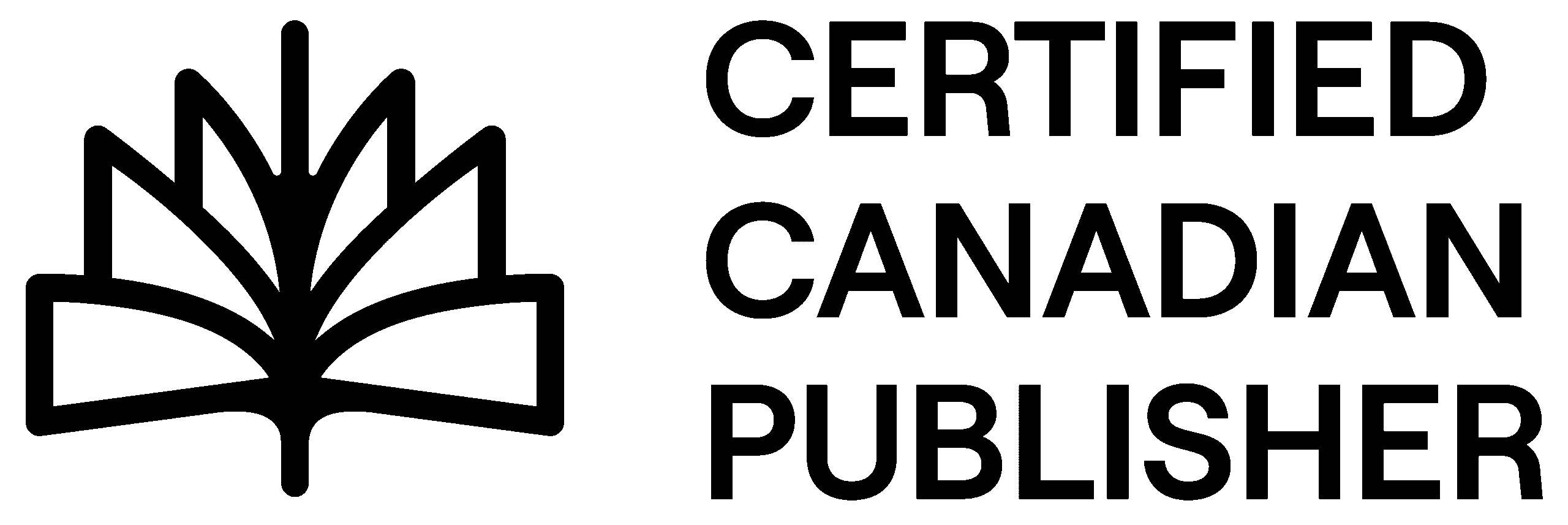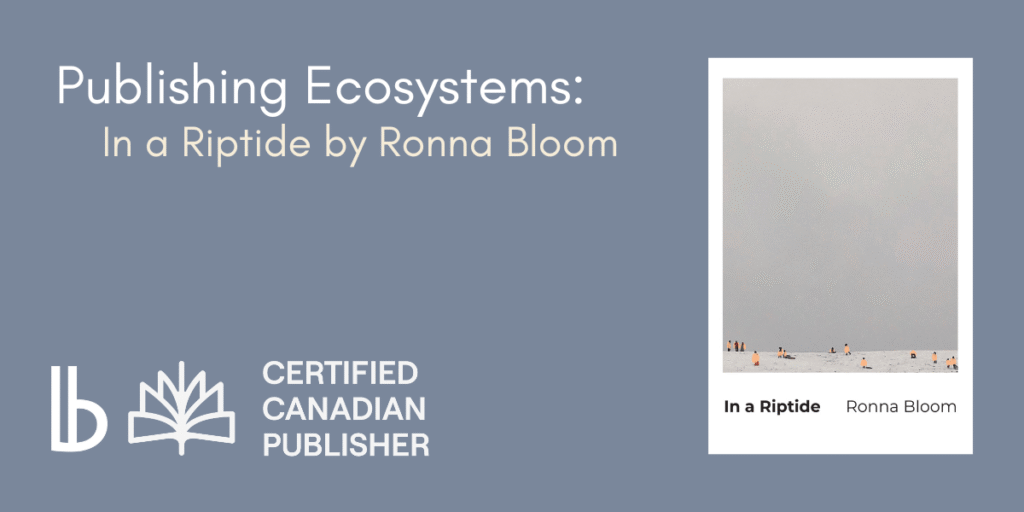As one of Canada’s few poetry-only publishers, Brick Books has a deep awareness of what poetry can do for us in a tumultuous political landscape, both south of the border and within Canada. In a time where LGBTQ!2S+ folks, racialized folks, Indigenous people, people who are poor, people with disabilities, and women continue to face threats to their personhood and lives, we are conscious of what poetry has been, is, and can be. Our poetry list has and continues to strive to reflect these perspectives, and our Fall 2025 list is no different.
In a climate where readers, booksellers, librarians, and other audiences are more interested than ever in “buying Canadian,” The Association of Canadian Publishers has launched a new Certified Canadian Publisher Program. Anyone who picks up a book with this seal isn’t only supporting an independent press, but an ecosystem of authors, editors, designers, printers, and distributors within Canada.

Each of our Fall 2025 books is part of this ecosystem. In today’s post, we are spotlighting the editorial process of In a Riptide by Ronna Bloom through a short interview with the author.
Brick Books: In a Riptide is your eighth book, so you’re no stranger to a poetry collection’s editorial process. This was your first time editing virtually on Zoom, however. How has editing evolved and changed over the course of your poetry career, particularly in the digital era?
Ronna Bloom: My early books were pre-email! I mailed the paper manuscript to the publisher, who marked it up and mailed it back. I worked with Beth Follett at Pedlar Press for 5 of my books, so we got to know each other well. I am ever grateful for her determination and her eye. Her love of beauty. She was vigilant when she saw something she thought didn’t ring true and pushed me.
I’m glad now that I struggled at times and found a new way through a poem. I’ve never been a poet to send off a manuscript that needs nothing. My manuscripts need everything they can get!
Sue Sinclair edited In a Riptide with me. The exchange was more condensed, taking place over a summer. She was gracious and gentle. She emailed comments and suggestions, and we met on Zoom to go through them together. At times, we were like one mind working in the service of the poem to see or hear what word might drop in with a sigh (or grunt).
I think of Winnicott’s description of therapy as two people in a room playing together. I feel that way about working with these good editors.
Last note: Over the years, I’ve noticed that even after the good editing, I’ve sometimes reverted to original versions. I’ve learned that if it doesn’t sound right to my ear, I won’t want to read it to an audience when I’m holding the book. Rhea Tregebov used to say after offering suggestions to students, “ultimately, it’s your poem.”
Brick Books: Editing is a continuous process, but when a book is being published, there does need to be an endpoint. How do you decide when a poem/manuscript is “complete”?
Ronna Bloom: The poet Richard Siken answered this question beautifully in a recent interview on Lithub: “It (a collection) ends when you run out of breath. It ends when you are ready for the next generative silence. It ends when you are no longer the same person who started writing it. I am no longer the same person who started writing this book. Already I have moved on, pushed forward into the next room. I can leave the book on the table for you but I am no longer there.” I feel like that. If the poem or the book is still talking to me, still coming with its changes or additions, it’s not done. It’s done when it’s done and I’m gone.
Pick up a copy of In a Riptide to read Ronna Bloom’s polished and precise poems.
Buy NowNourish Your Poetic Spirit – With a Brick Books annual subscription, you receive every title we publish before they’re available anywhere else, plus exclusive subscriber perks all while supporting authors and helping to hold a place for poetry in Canada and the world.
Subscribe today.

